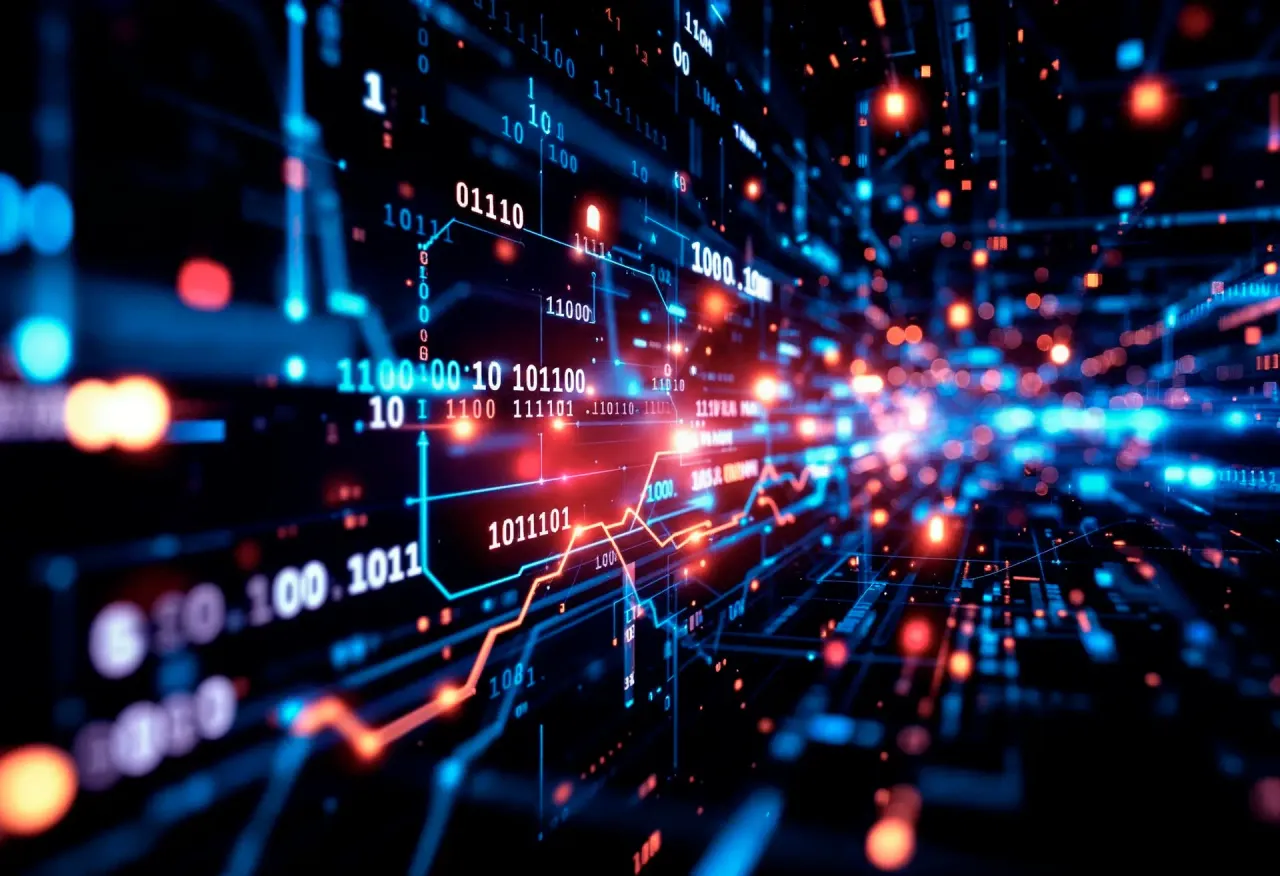What is Data Processing?
Air360 Team on

In today’s digital-first world, raw data by itself holds little value—until it’s refined, processed, and transformed into actionable insights. That transformation process is known as data processing, and it lies at the heart of every successful business strategy.
Whether you’re running an e-commerce store, managing a healthcare system, or building AI-powered tools, understanding data processing is key to unlocking smarter decisions, faster operations, and deeper customer insights.
What Is Data Processing?
Data processing is the act of collecting, organizing, and transforming raw data into meaningful, usable information. It’s like turning ingredients into a gourmet meal — without the right preparation, even the best ingredients won’t deliver results.
This process is usually handled by data scientists or automated systems, and it’s crucial that it’s done correctly. Errors at any stage can lead to flawed conclusions, poor decision-making, and missed opportunities.
The Six Stages of Data Processing
Every piece of valuable data goes through a life cycle. Here are the six fundamental steps:
1. Data Collection
The journey begins with gathering raw data from various sources:
- Customer surveys
- IoT devices
- Databases
- Social media
- Web traffic
The quality of your input determines the usefulness of your output, so choosing reliable data sources is critical.
2. Data Preparation
Also known as pre-processing, this step involves cleaning up the collected data:
- Removing duplicates
- Correcting inconsistencies
- Filling in missing values
- Enriching data with external sources
This ensures the dataset is accurate, complete, and ready for analysis.
3. Data Input
Once cleaned, the data is entered into a system such as:
- A CRM (e.g., Salesforce)
- A data warehouse (e.g., Snowflake)
- An analytics dashboard
Here, the data starts taking structured form — making it easier for machines to interpret.
4. Processing
This is where the magic happens. Using techniques like:
- Filtering
- Sorting
- Aggregation
- Machine learning algorithms
The data is analyzed and transformed into patterns, trends, and predictions that drive business intelligence.
5. Output & Interpretation
Processed data needs to be understandable to non-technical users. This could include:
- Reports
- Graphs
- Dashboards
- Visualizations
Interpretation ensures stakeholders understand the insights and how they apply to business goals.
6. Storage
Finally, the processed data is securely stored for future use. Proper storage ensures:
- Compliance with regulations (like GDPR)
- Easy access for audits or re-analysis
- Long-term scalability and security
Cloud-based solutions are increasingly popular for their flexibility and cost-effectiveness.
Where Is Data Processing Used?
From healthcare to marketing, data processing drives innovation across industries:
Healthcare
- Analyzing patient records
- Predictive diagnostics
- Optimizing hospital workflows
E-commerce & Retail
- Personalized recommendations
- Inventory forecasting
- Dynamic pricing strategies
Finance
- Fraud detection
- Risk assessment
- Algorithmic trading
Marketing & Social Media
- Audience segmentation
- Campaign performance tracking
- Content personalization
Manufacturing
- Predictive maintenance
- Supply chain optimization
- Quality control automation
The Future of Data Processing
As data becomes more complex and voluminous, the future of data processing is evolving rapidly. Key trends include:
- Increased use of AI and automation
- Edge computing for real-time insights
- Greater emphasis on data privacy and ethics
- Democratization of data through self-service tools
- Expansion of cloud-based processing models
Businesses that adapt early will gain a significant competitive advantage.
Conclusion
In today’s data-centric world, understanding and mastering data processing isn’t optional—it’s essential. By following the six stages, leveraging the right tools, and staying ahead of emerging trends, your business can transform raw numbers into strategic wins. Ready to unlock the full potential of your data?